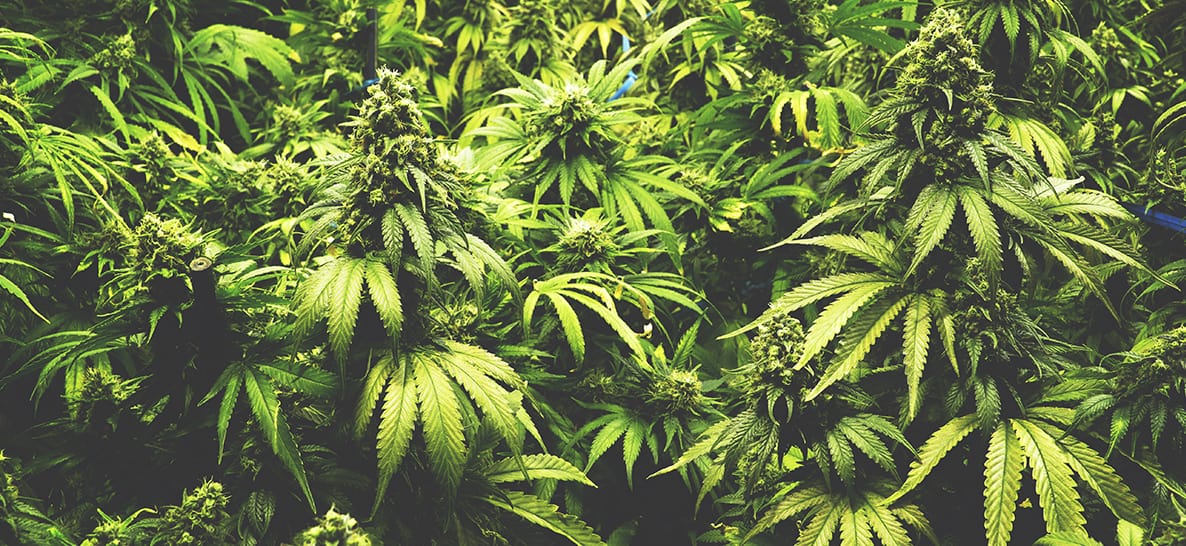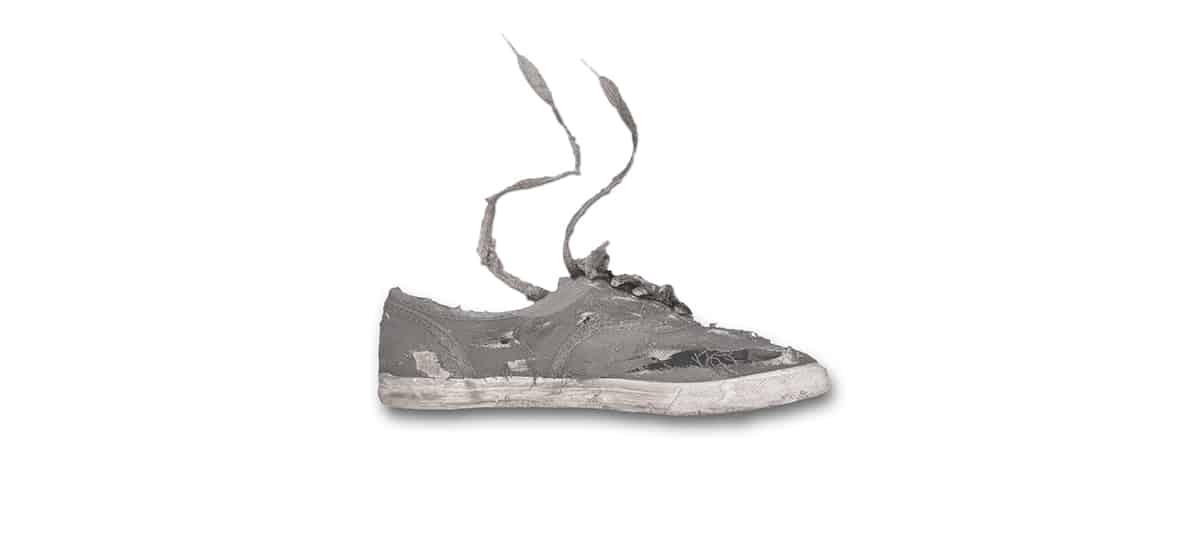
Editor’s Note: This piece originally ran in April 2016.
In the fall of 2015, nearly 6,000 inmates around the country were released early from their prison sentences. They all had one thing in common: All were nonviolent drug offenders. It’s the single largest federal prisoner release in American history.
The move to release these prisoners is a signal that one of the main strategies in America’s “War on Drugs” is beginning to change. Each of the offenders who walked free was serving a sentence handed down years ago that was longer than it would be if they were sentenced today. Many were subjected to “mandatory minimums” that initially aimed to crack down on drug crime.
Leaders on both sides of the political aisle now believe that strategy is broken.
Currently, nearly 25 percent of all incarcerated people in the world are in the United States, a country home to less than 5 percent of the global population.
With almost 2.3 million prisoners, the U.S. has—by far—the largest number of people behind bars of any country. And nearly half of them are serving time for nonviolent crimes related to drugs.
Ironically, the harsh penalties associated with drug use in the U.S. have done little to actually stop people from using drugs, especially marijuana—a substance that a team of researchers at Scientific Reports recently found to be safer than legal drugs like alcohol and cigarette tobacco (drugs that happen to be highly taxed).
In fact, according to government data, from 1990 to 2007, illegal drugs became even cheaper and easier to obtain than alcohol and tobacco.
How badly has the War on Drugs failed? “About 4 million people above the age of 12 in the United States used an illegal drug in 1970, before we started the war,” says Jack Cole, a retired police officer and founder of the group Law Enforcement Against Prohibition. “Today, the DEA tells us we have 121 million people above the age of 12 who’ve consumed an illegal drug in the United States. So we went from 2 percent drug users to 46 percent drug users under the War on Drugs.
“It’s hard for me to even contemplate how we could have come up with a worse policy if what we really wanted to do was reduce drug abuse.”
Beyond its failure to actually stop people from using drugs, the War on Drugs—with its harsh criminal penalties and prohibition of constantly used substances—has deeper problems. Its enforcement has become unjust and broken, and suddenly, reform is an issue Christians are taking seriously.
Bias Enforcement
“Mass incarceration is one of our most vivid and dramatic and shameful public issues,” says the Rev. Alexander Sharp, executive director of the group Clergy for a New Drug Policy. “In many ways, this is truly a justice issue—the War on Drugs oppressing people of color to a shameful degree.”
Sharp is pointing to the blatant racial disparagement in the way drug policy has been enforced. Research from Forbes found that even though white individuals are just as likely to actually use illegal drugs as African-Americans, they are far less likely to go to jail for it. In 2006, one out of every 14 black men in America was behind bars; for white men, that number was just one in 106.
“The War On Drugs paradigm has been used in many ways to marginalize vulnerable populations, to incarcerate individuals who do not have violent records,” says the Rev. Kathryn Ray, the project coordinator for Clergy for a New Drug Policy.
“Whether they will remain incarcerated or not, it will keep them in a perpetual state of poverty.”
Prison time isn’t simply a temporary—though often extended—punishment. It can be the first step in a cycle of poverty that some individuals will never be able to break out of. Even when a prison term ends, the consequences of a felony conviction, even for a small amount of pot, can be devastating.
“An awful lot of people can’t vote. There are all sorts of collateral consequences. You can’t get food stamps. You can’t get education grants. You can’t get housing, and most importantly, you can’t get jobs,” Sharp says. “We’ve imprisoned people in ghettos all around the country, especially people of color, because of the discriminatory impact of the War on Drugs.”
And though there are countless drugs on the streets across America, one is far and away the most common, leading to more arrests than any other drug: marijuana. According to a Washington Post investigation, in the last 25 years, arrests for marijuana possession have tripled as a percentage of overall arrests.
But that may start to change.
Mixed Messages
Even though many states have decriminalized marijuana to some degree (including recreational use in some states), federal law still says it is a controlled substance that is illegal to possess in most cases.
The decriminalization trend has had an impact. Crime novelist Don Winslow—who adamantly discourages people from using any type of drug—has spent much of his career studying Mexican drug cartels. His best-selling books The Power of the Dog and The Cartel may be works of fiction, but they are based on a horrifying reality: Cartels will do anything to grow, produce and sell drugs to Americans.
During a recent interview with Fresh Air’s Terry Gross, Winslow explained that in the past, Mexican drug cartels routinely kidnapped women and young girls—after murdering their husbands and fathers—and forced them into slave labor on giant marijuana farms.
The marijuana was then trafficked to the U.S., where it was purchased and consumed by people who may not have been aware (or even cared) that their cheap high was the result of a system involving slave labor.
But, after several states started the decriminalization process and started allowing local growers to produce their marijuana crops under specifically outlined regulations, something dramatic happened: The cartels’ business plummeted.
Winslow told Gross that Mexican marijuana imports dropped by 40 percent “because they can’t compete with the American quality and market.”
The Christian Imperative
Many Christian leaders strongly disagree with the recreational use of marijuana, pointing to Bible verses that prohibit intoxication. But data is increasingly indicating that the policies that regulate it are broken. Even if someone doesn’t agree with the morality of using certain kinds of drugs, the injustice of the broken system is taking a devastating toll.
“For the most part, Jesus didn’t go around changing people through punishment and retribution,” Sharp says. “He did it in a much more healing, embracive and compassionate way. That’s just the opposite of the War on Drugs.”
Sharp says reforming drug laws and ending the failed policies of the War on Drugs should be a Christian imperative.
“There’s no such thing as ‘paying your debt to society,’ and in Christian terms, the notion of forgiveness and giving people a second chance is simply not a reality if you have any drug offense on your record,” he says.
Even from a pragmatic standpoint, the policy does not seem to be working, impacting even the average taxpayer who does not use drugs.
“In the 46 years we’ve been fighting the War on Drugs, we’ve spent well over $1.5 trillion of our tax dollars on it,” Cole says. “And all we have to show for that money basically is that during the same 46 years, we have made more than 60 million arrests in this country on nonviolent drug offenses. Some countries don’t even have that many people, and yet we’ve arrested that many people in our country.”
Groups like Clergy for a New Drug Policy seek to reform the enforcement laws to get to the root of real problems like addiction and poverty, instead of just locking up millions of people, turning them into felons for life.
“It’s been demonstrated that prison is simply not a good deterrent,” Ray says.
Instead, her group calls for more money to be allocated toward education, allowing people to make informed decisions and break the cycle of drug abuse.
“As a youth minister, I absolutely do not want my youth experimenting with drugs if we can avoid it,” she says. “I would never encourage them to smoke marijuana or to experiment with alcohol.”
“But as much as I fear that, I even more fear them being incarcerated for it. Because they are youth, they are capable of rational decision-making, but they are also in an experimental phase. And I would hate to think that the consequences of them experimenting with alcohol or with marijuana for the first time would lead to an arrest that would stay on their record and affect their chances of going to college.”
The decriminalization of marijuana remains a controversial issue, and there is nuance to how reforms would be implemented. But as more and more states bring decriminalization measures to the ballot, it’s important for voters to be informed not just about the use of marijuana itself, but also about the consequences of making it a crime.
“I think it’s a justice issue at the core” Ray says. “Justice is very much related to the Gospel mission of Christ to seek out the marginalized and to bring them back.”
It’s hard to bring someone back when they are locked away alongside millions in the biggest incarcerated population in the world.
Next Steps
Though Christians may come to different conclusions concerning their convictions about drug laws, being informed about the current state of incarceration and the long-running War on Drugs is the first step in forming an intelligent opinion.
The decriminalization of pot and other drugs is controversial, and many Christians disagree about its implications. But much of the moral issue surrounds how offenders are treated.
Rethinking how sentencing guidelines are created, what treatment programs could look like for those suffering from addiction and the effectiveness of mass incarceration is part of trading in the “war” strategy for something more nuanced and effective.
Christians can disagree about the use of drugs like marijuana, alcohol and their legal statuses, but believers should be united in the agreement that the criminal justice system is badly broken and needs to be reformed.
“Putting people in jail is not anything that you’ve heard about in the New Testament,” Sharp says. “Jesus said to the woman caught in adultery, ‘Go and sin no more.’ He healed people. He forgave people. He spoke compassion. He tried to change people’s hearts. Putting people in jail for drug offenses, unless they’ve harmed other people, is not a Christian response.”






















